Princess Diana: First medic on scene of fatal crash ‘still feels responsible’ as 25th anniversary nears
‘She had her head down. She had difficulty to breathe. She needed quick assistance,’ Dr Mailliez recalls
Your support helps us to tell the story
From reproductive rights to climate change to Big Tech, The Independent is on the ground when the story is developing. Whether it's investigating the financials of Elon Musk's pro-Trump PAC or producing our latest documentary, 'The A Word', which shines a light on the American women fighting for reproductive rights, we know how important it is to parse out the facts from the messaging.
At such a critical moment in US history, we need reporters on the ground. Your donation allows us to keep sending journalists to speak to both sides of the story.
The Independent is trusted by Americans across the entire political spectrum. And unlike many other quality news outlets, we choose not to lock Americans out of our reporting and analysis with paywalls. We believe quality journalism should be available to everyone, paid for by those who can afford it.
Your support makes all the difference.The first doctor at the scene of Princess Diana’s fatal car crash has said he will always feel responsible for her final moments as the 25th anniversary of the royal’s death approaches.
French medic Frederic Mailliez is still marked by what happened in the Alma Tunnel in Paris on 31 August 1997 – and the realisation that he was one of the last people to see the Princess of Wales alive.
He said he had no idea who he was tending to as he desperately tried to save the “very beautiful” woman who was fighting for her life aged 36 after the car she was travelling in crashed into a pillar under the streets of the French capital at high speed.
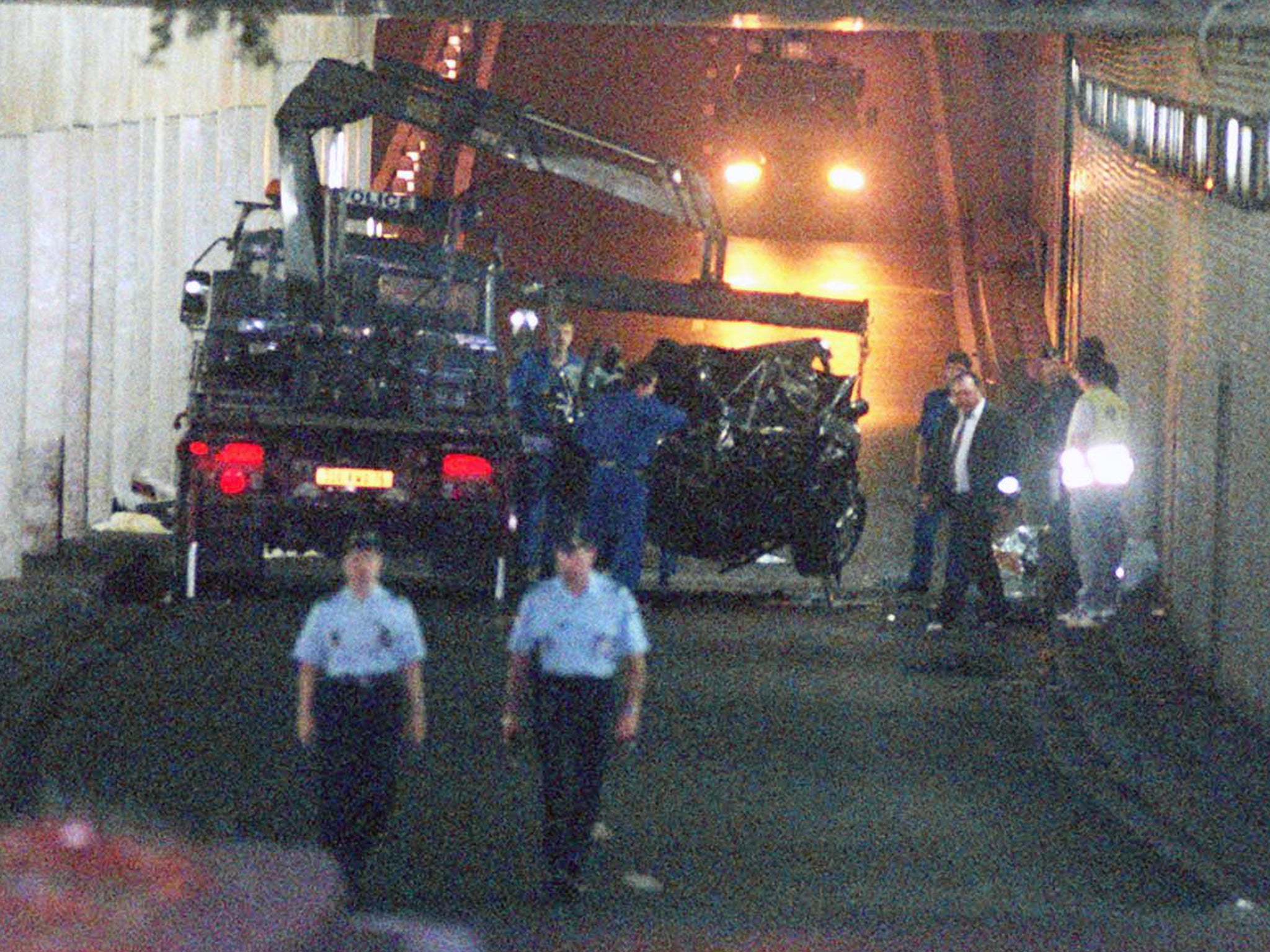
“I realise my name will always be attached to this tragic night,” Dr Mailliez, who was on his way home from a party when he came across the car crash, told The Associated Press. “I feel a little bit responsible for her last moments.”
Dr Mailliez was driving into the tunnel when he stopped at the sight of a smoking Mercedes nearly split in two.
“I walked toward the wreckage. I opened the door, and I looked inside,” he said.
He described the scene: “Four people, two of them were apparently dead, no reaction, no breathing, and the two others, on the right side, were living but in severe condition.
“The front passenger was screaming, he was breathing. He could wait a few minutes. And the female passenger, the young lady, was on her knees on the floor of the Mercedes, she had her head down. She had difficulty to breathe. She needed quick assistance.”
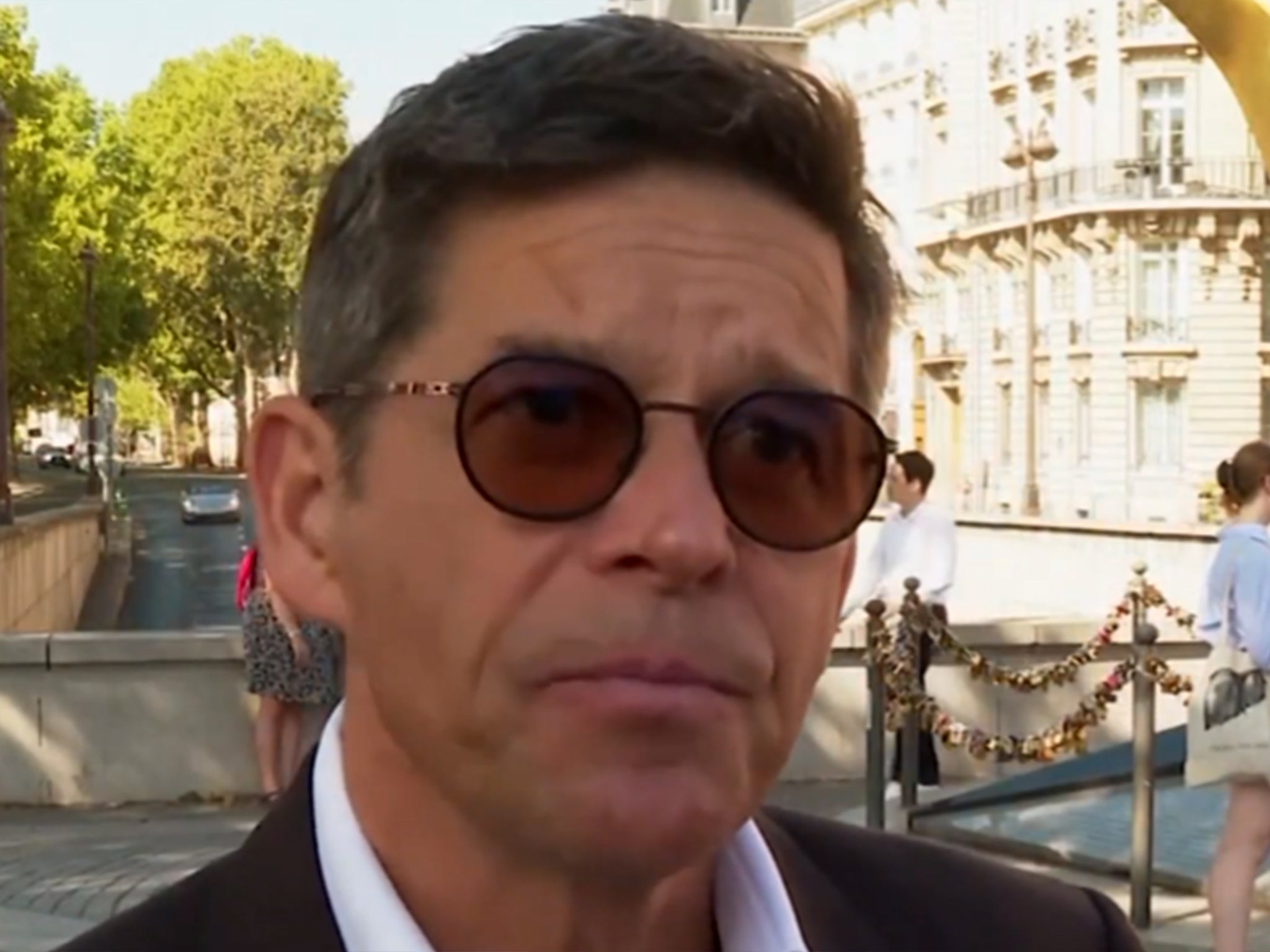
He ran to his car to call emergency services and grab a respiratory bag.
“She was unconscious,” he said. “Thanks to my respiratory bag ... she regained a little bit more energy, but she couldn’t say anything.”
The doctor would later find out that the woman he treated was Diana, Britain’s “people’s princess” adored by millions.
“I know it’s surprising, but I didn’t recognise Princess Diana,” he said. “I was in the car on the rear seat giving assistance. I realized she was very beautiful, but my attention was so focused on what I had to do to save her life, I didn’t have time to think, who was this woman.”
“Someone behind me told me the victims spoke English, so I began to speak English, saying I was a doctor and I called the ambulance,” he said. “I tried to comfort her.”
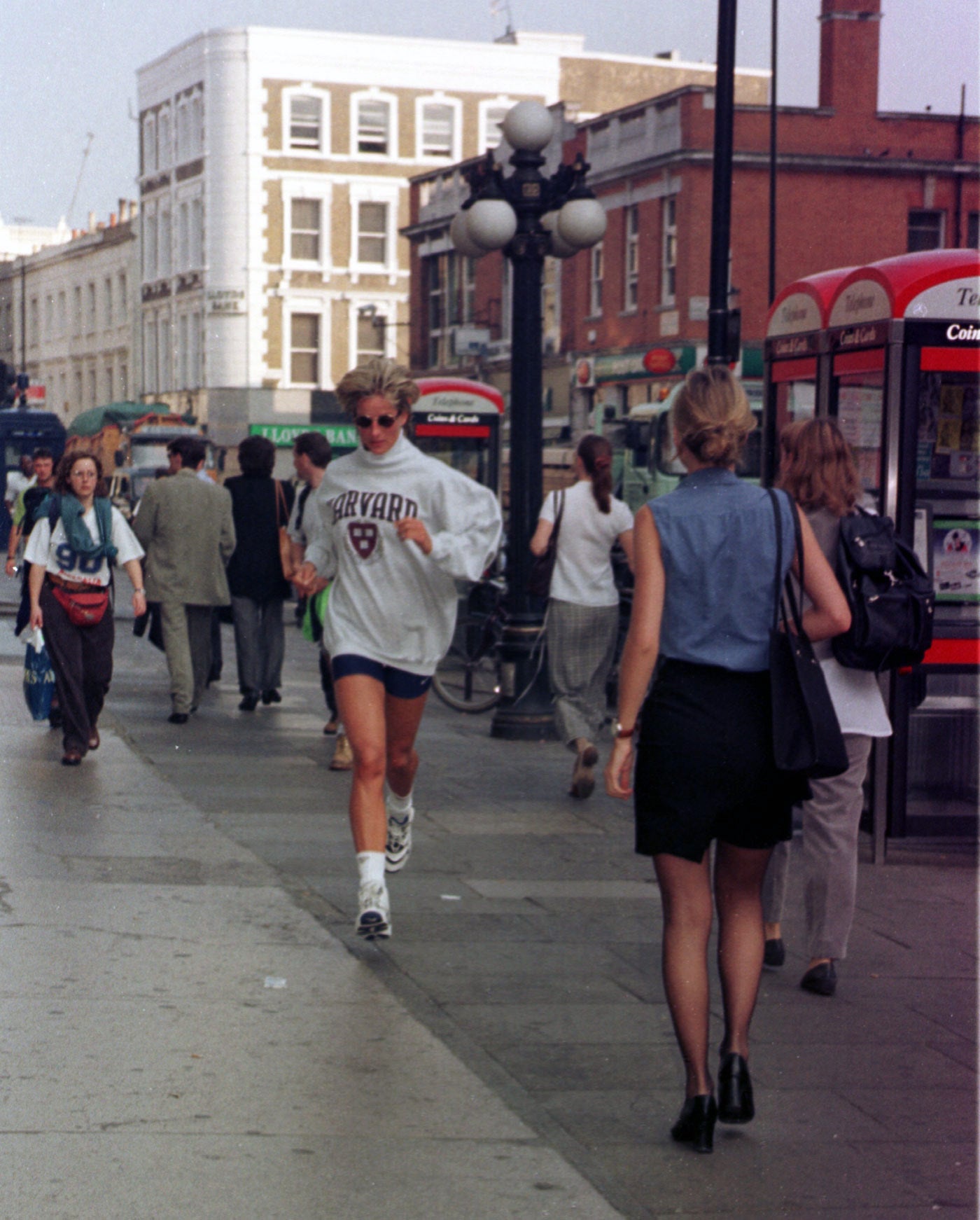
As he worked, he noticed the flash of camera bulbs as paparazzi gathered to document the scene. A British inquest found Diana‘s chauffeur, Henri Paul, was drunk and driving at a high speed to elude pursuing photographers.
Dr Mailliez said he had “no reproach” toward the photographers’ actions after the crash. “They didn’t hamper me having access to the victims ... I didn’t ask them for help, but they didn’t interfere with my job.”
Firefighters quickly came, and Diana was taken to a Paris hospital, where she died a few hours later. Paul died at the scene along with Princess Diana’s romantic companion Dodi Fayed. Only Diana’s bodyguard Trevor Rees-Jones survived.
“It was a massive shock to learn that she was Princess Diana, and that she died,” Dr Mailliez said. Then self-doubt set in. “Did I do everything I could to save her? Did I do correctly my job?” he asked himself. “I checked with my medical professors and I checked with police investigators,” he said, and they agreed he did all he could.
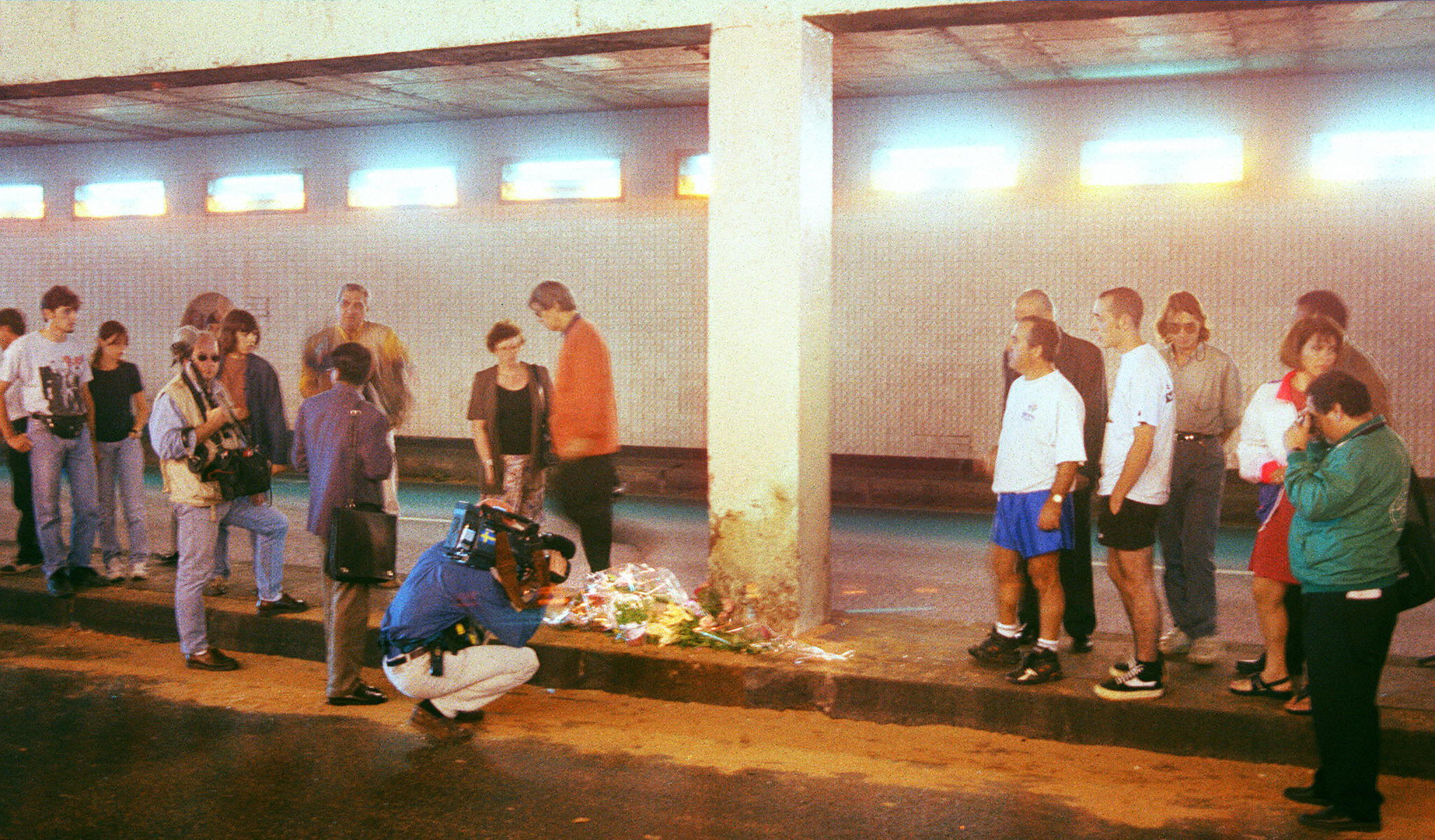
The anniversary is stirring up those memories again, but they also come back “each time I drive through the Alma Tunnel”, he said.
As Mailliez spoke, standing atop the tunnel, cars rushed in and out past the pillar where she crashed, now bearing a stencil drawing of the princess’s face.
The Flame of Liberty monument nearby has become an unofficial memorial site attracting Princess Diana fans of all generations and nationalities – including many born after her death. Britain and Diana’s admirers are preparing to mark a quarter-century since her death on Wednesday.
Her son Prince Harry said he would “share the spirit” of his mother on the anniversary as he addressed a dinner in Aspen, Colorado, for Sentebale, his Africa-based charity supporting youngsters with HIV – a disease the princess worked hard to destigmatise during the AIDs crisis.
He said: “I want it to be a day filled with memories of her incredible work and love for the way she did it.
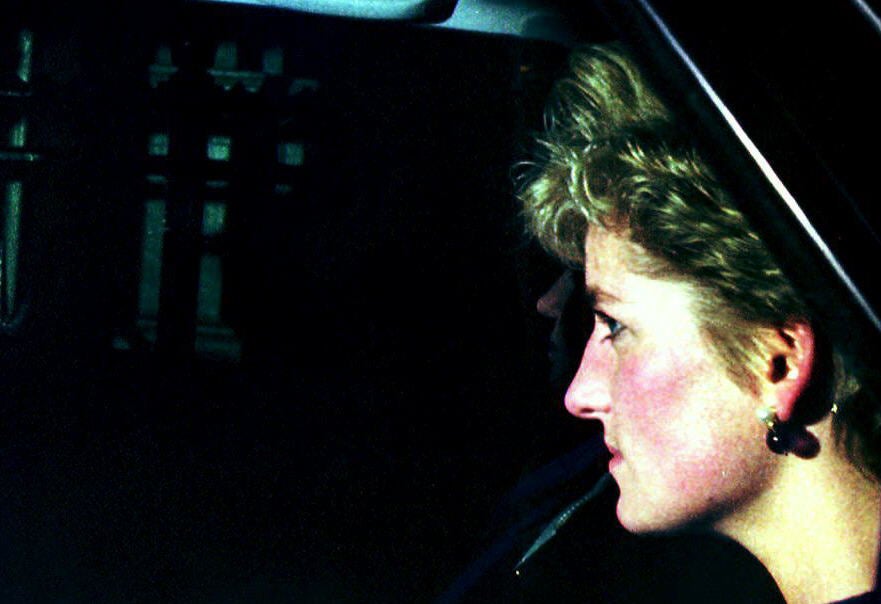
“I want it to be a day to share the spirit of my mum with my family, with my children, who I wish could have met her.
“Every day, I hope to do her proud.”
Prince Harry and his brother Prince William reunited to pay tribute to their mother last summer on 1 July when they unveiled a statue of the princess in the garden of her former home Kensington Palace.
A car driven by Princess Diana in the 1980s sold for £650,00 at auction on Saturday. Silverstone Auctions said there was “fierce bidding” for the black Ford Eascort RS Turob before the sale closed.





Join our commenting forum
Join thought-provoking conversations, follow other Independent readers and see their replies
Comments